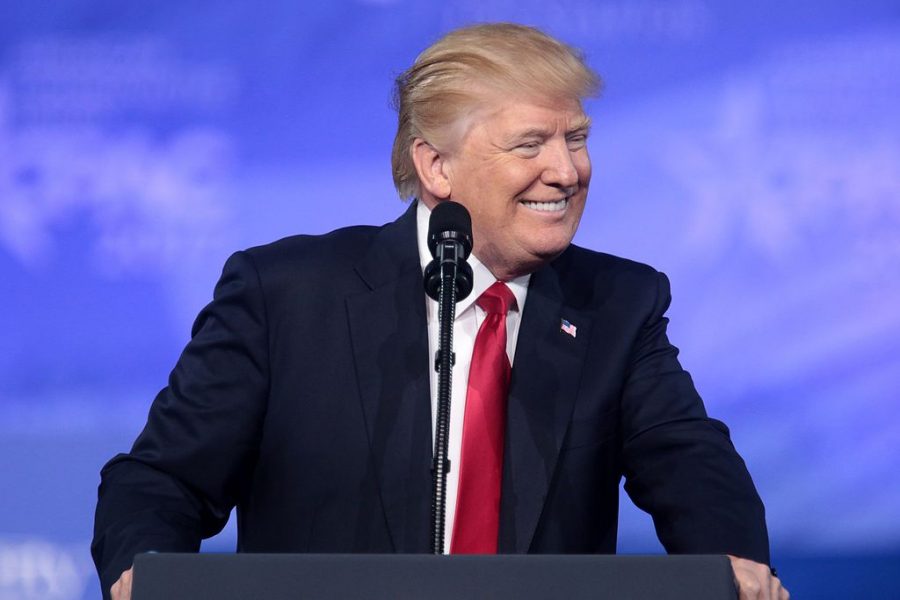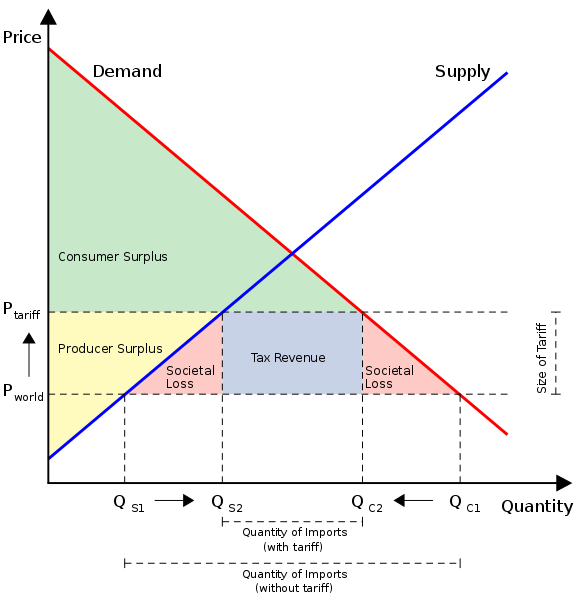Last week President Trump sent Congress a proposed 4.4 trillion-dollar budget, a proposal that would slash ailing domestic programs while increasing funding to an already bloated military budget. Furthermore, the bill fails to balance the government’s budget, and would add approximately 7 trillion to the federal debt over the next ten years and nearly a trillion this next year alone.
Such additions to the federal debt break the promises made by Trump during his candidacy. While running he promised to the reduce government debt, yet his spending proposal shows no sign of doing so. As Trump has reneged on many of his campaign promises, his failure to follow through on his word is unsurprising.
Also unsurprising is Trump’s willful spitting of the lower class. After successfully passing a tax plan that amounted to little more than a giveaway for the ultra rich and negatively impacted lower economic classes, Trump’s new proposal inflicts more financial pain on those same groups.
Trump’s plan contains over 1.8 trillion in cuts to government programs for the poor, including food stamps, Medicare and Medicaid. The White House also proposed to cut spending on the Supplemental Nutrition Assistance Program by more than 30 percent. SNAP, a low-income food program, provides relief for many poor families, and such cuts could literally cost Americans meals.
Perhaps even more egregious in the bill was Trump’s proposed cuts to the the EPA, cutting 34 percent of its already inadequate budget. Climate change looms as a pressing concern for society, and yet Trump proposes to slash funding for the agency best equipped to combat it.
The few areas in which Trump did not propose cuts were the areas that most desperately needed it. The bill would raise the budget of the military to over 686 billion dollars, a staggering number that comprises well over half the entire U.S budget. Such funds could provide great aid if reallocated to social programs and could spur innovation and education if invested in science sectors, but instead will be funneled into the gaping maw of the military.
Of course, the defense of the nation is essential, but such defense does not require 686 billion. The United States’ greatest rival, China, spends a meager 146 billion in comparison. Spending twice as much as China would still amount to less than half the current military budget. While defense is necessary, certainly such lavish spending could be put to better use.
Thankfully, such a bill is unlikely to pass, as lawmakers on both sides of the aisle regard it with derision. House Republican Kevin Cramer denounced the “drastic cuts,” calling them “ill-advised.”
Senator Chuck Schumer of New York offered an even stronger opposition.“It is utterly astounding that just six weeks after slashing taxes on the wealthy and biggest corporations, creating a huge deficit, the president asks older Americans and middle-class Americans to make up the difference by slashing Medicare and Medicaid.”
While unlikely to become legislation, like most of the president’s ideas, the proposal demonstrates clearly that the president has no regard for the middle class.




